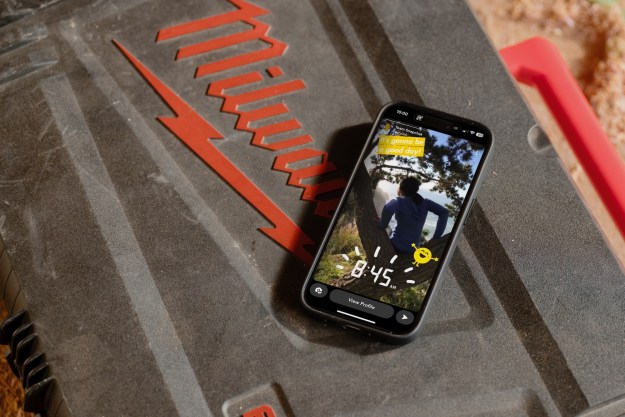
“It is a state lie … It is being done to put in place a sort of Patriot Act concerning the activities of each and everyone.”
The bill was drafted shortly after the deadly attack on the offices of the satirical newspaper and a nearby kosher grocery store rocked Paris, leaving 17 people dead. Much like the Patriot Act, France’s new surveillance law has been deemed “necessary and proportionate” by the French Prime Minister Manuel Valls. Valls also argues that the law is entirely different from the Patriot Act, and that France’s wiretapping law was so outdated that it was written in 1991 — before cellphones and the Internet became common, the New York Times reports.
However, the bill’s authorization of bulk metadata collection with almost no oversight from the judiciary closely parallels the Patriot Act’s language, which has been used to justify the NSA’s most controversial spying programs in the United States. France’s new bill also gives the government the power to tap cell phones, read emails, and force Internet providers to scan customers’ Internet use for information upon request. Additionally, French intelligence agencies could request the authority to place tiny microphones in rooms, on objects, and add antennas that are capable of capturing phone calls and texts. The bill does not discriminate, either, so both French citizens and tourists could be tapped on demand.
Although the permissions granted by the French bill are extraordinary and very closely match the scope of the NSA’s authority in the U.S., the prime minister assured citizens that it’s approach will be more targeted.
“The means of surveillance for anticipating, detecting and prevention of attacks will be strictly limited,” Valls said.
“The easiest thing to do is to invoke a law. But maybe it’s a mistake … If this law is not fair, it’s not the right answer.”
Of course, civil rights groups, privacy advocates, and others who oppose mass surveillance are quick to point out that bulk metadata collection is by its very nature random and without a clear target.
“It is a state lie,” said Pierre-Olivier Sur, the head of the Paris bar association. “This project was presented to us as a way to protect France against terrorism, and if that were the case, I would back it. But it is being done to put in place a sort of Patriot Act concerning the activities of each and everyone.”
Many French judges, lawyers, technology companies, and news organizations are also firmly against the law. The editor-in-chief of Charlie Hebdo, whose own publication was the victim of the attack that inspired the new surveillance law, spoke out against it.
“I think that opportunistic laws are always bad laws,” Gérard Biard, said in an interview with the New York Times. “I understand the spirit of this law, but I think we already have a lot of laws, and with these laws, if they’re used correctly, you can fight and you can fight terrorism. So I understand the government, you have to do something. The easiest thing to do is to invoke a law. But maybe it’s a mistake, because if this law is not correct, if this law is not fair, it’s not the right answer.”
According to the Guardian, France is keeping tabs on 1,200 Islamists and 200 people who have fought with militant groups in Syria and Iraq in the past. The country has set aside €425 million to bolster its new surveillance program with thousands of police, spies, and investigators whose jobs it will be to sort through intelligence and prevent terrorist attacks.

